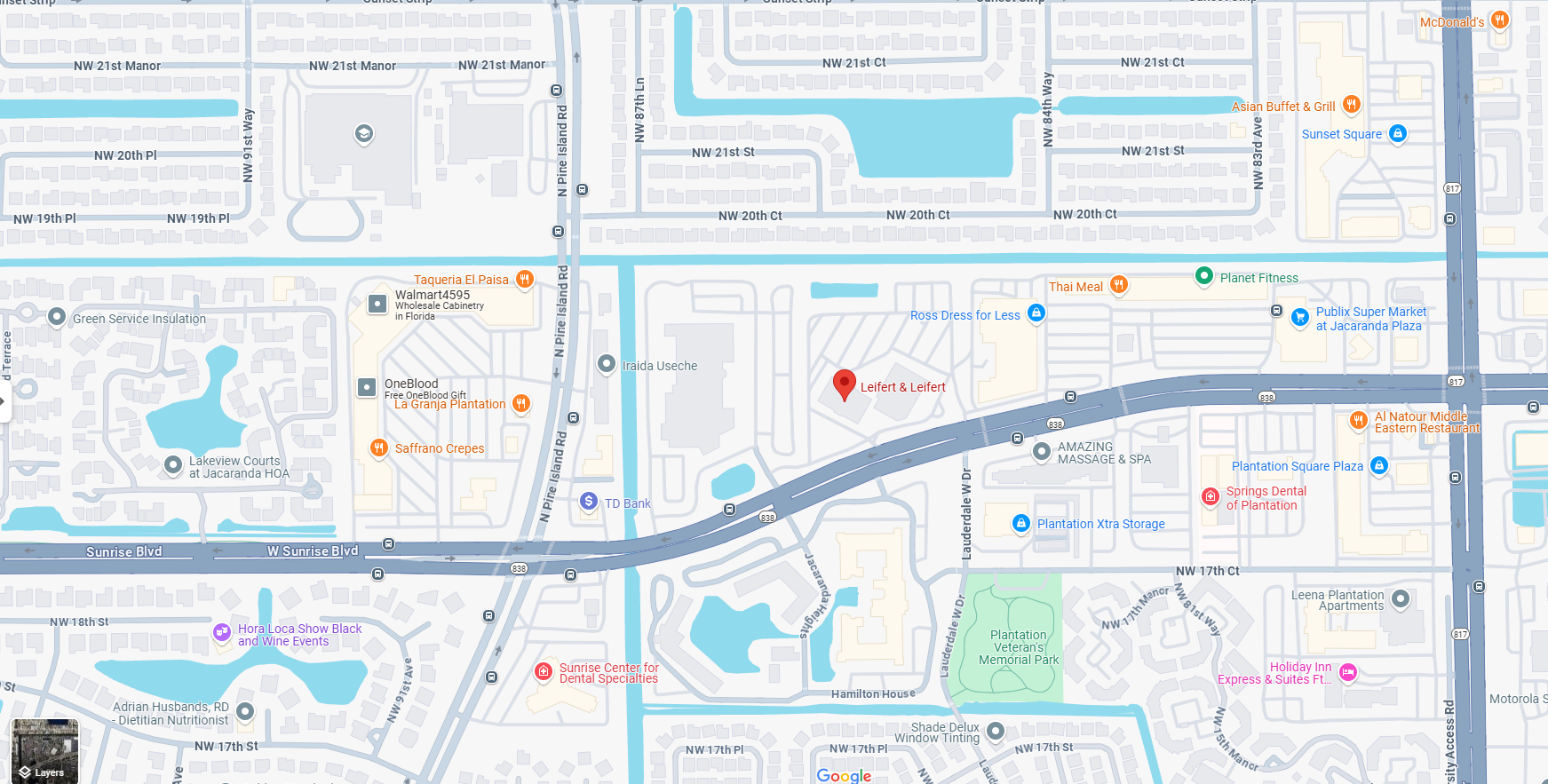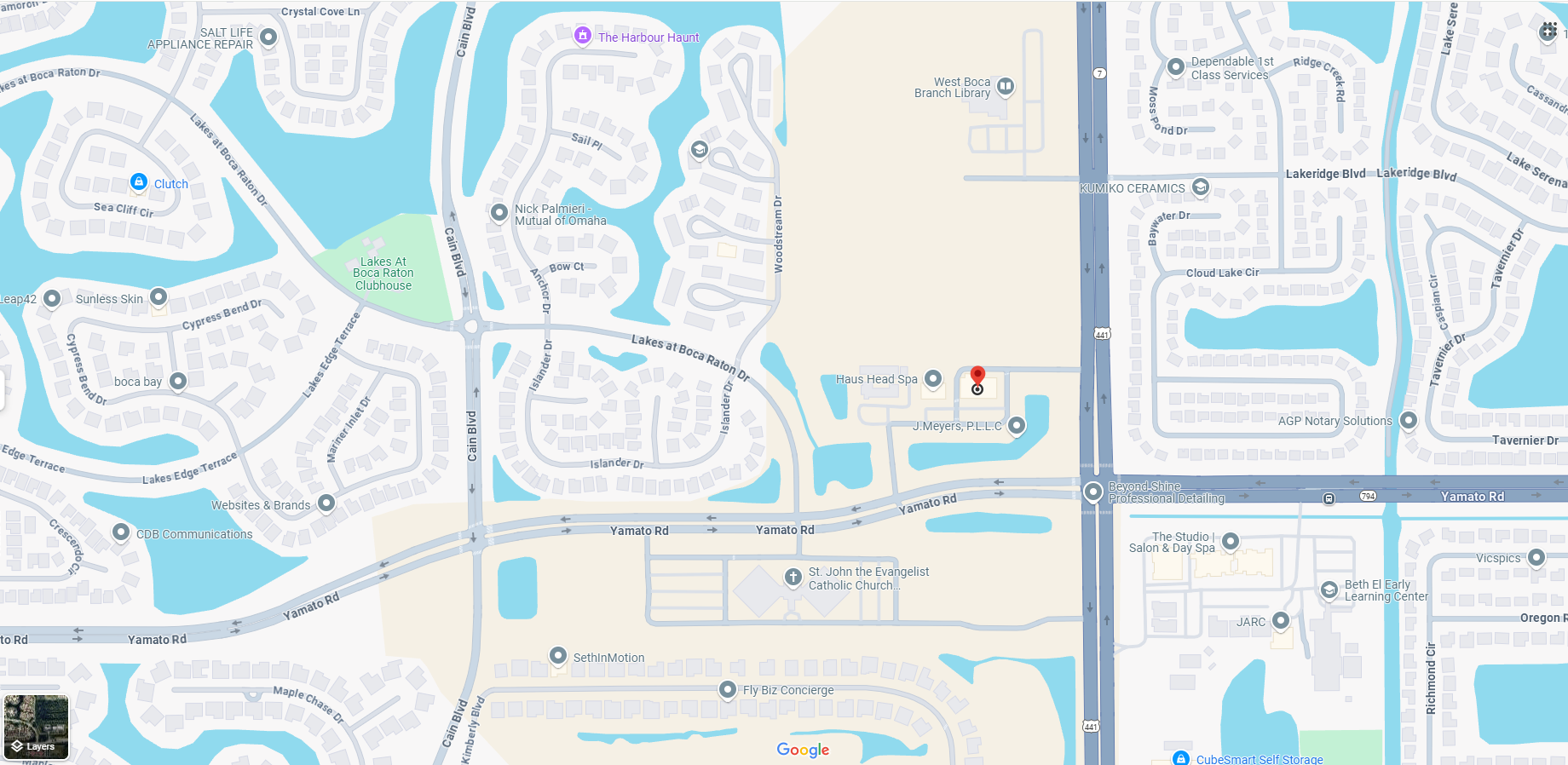Law Enforcement in Fort Lauderdale has focused on proving Ft. Lauderdale drug distribution offenses for years. Certain areas of enforcement tend to get a little bit more focused over time. However, as a whole drug enforcement interdiction and surveillance has been a focal point of the Fort Lauderdale Police Department and the city’s Sheriff’s office.
By the nature of where it sits, Southeastern Florida’s proximity to the Caribbean, Central America, and South America has many points of entry. It has historically been an entry point with respect to the introduction of illegal drugs and narcotics. Local Law Enforcement, the federal government, the DEA, and the coastguard are all heavily involved in enforcement of the drug-related laws and the drug distribution in Fort Lauderdale, South Florida. It may be beneficial to anyone facing an investigation for selling substances illegally to contact a distinguished drug distribution Attorney.
Role of the Prosecution
The Prosecution in Ft. Lauderdale often uses witness testimony when proving drug distribution offenses. A witness in distribution cases can be a Police Officer that might have witnessed an exchange itself. If a Police Officer is in a position to witness a drug sale or drug delivery, that Officer’s testimony would be used. They would be able to retrieve the evidence, which would be the illegal or unlawful drug. More often than not, confidential informants will also be involved with the police for an undercover sting operation or some type of lengthy surveillance usually conducted by a number of different law enforcement agencies.
In drug cases, particularly distribution cases, local Law Enforcement and either the Fort Lauderdale Police Department or the Broward Sheriff’s Office work alongside with the Drug Enforcement Agency (DEA) and the federal government. Over a significant period of time, they might be able to get enough evidence and conduct enough surveillance that enables them to either get a search warrant and/or an arrest warrant.
Common Forms of Evidence
Common forms of proving drug distribution offenses in Ft. Lauderdale include collecting evidence such as eyewitness testimony and any form of legal surveillance. Types of evidence to collect vary for a larger operation, such as moving large amounts of drugs over state lines. The evidence for these cases often includes toll receipts, highway surveillance, bank records and anything to make their case stronger with either kind of evidence that the prosecution would use in a drug distribution case.
More often than not, somebody at a lower-level is caught in a lower-level type of transaction. To keep themselves out of trouble, they tend to ‘flip’ or what is commonly referred to as turning state evidence and cooperating with Law Enforcement. This is done so they can become a witness against somebody who has more culpability and is more of a focus for Law Enforcement as it relates to these types of cases.
Highly Contested Elements
Possession is highly contested in a drug distribution trial. If the drugs are found on a person, it is usually tough to fight. Usually, issues of constructive possession can be contested. For example, in a situation where somebody gets pulled over in a vehicle and a bag of narcotics or drugs is found, there tend to be arguments regarding how many other occupants were there in the car, and if there was only one occupant, did that person know or should that person know that the bag was there and what the contents were. There is a lot of circumstantial evidence in a situation like that, including whose car was it, to whom was it registered, whose bag it was, and were there any other items in the bag that would tend to indicate that it belongs to the person who was driving the car. Possession can be challenged in these circumstances. Sometimes, the illicit nature of the substance is challenged. That is more difficult to get around because in almost every case the evidence is tested by the crime lab and they use standardized, scientific procedures to determine what that substance is.
Seeking Legal Representation for Help Proving Ft. Lauderdale Drug Distribution Offenses
In general, defending against Ft. Lauderdale drug distribution offenses is easier with an attorney that has been in practice or licensed for quite a bit of time. Someone seeking an Attorney should speak with Legal Counsel that has a certain amount of years of experience and that has been licensed and practicing for at least ten years. Speaking with a drug distribution Lawyer who is a former Prosecutor can be beneficial. They may have good insight as to how the cases are prosecuted, what the strategies are on the other side, and how to deal, communicate, and negotiate with the prosecution in addition to what arguments work and do not work. Besides being licensed and a former Prosecutor, a person should look for an Attorney that has particular experience in drug-related cases. Contact the Lawyers at Leifert & Leifert for help with a case.







